Find a CBT Therapist
Search through our directory of local clinicians.
The Sexuality, Health, and Gender (SHAG) Lab
Meet ABCT’s Featured Lab
The Sexuality, Health, and Gender (SHAG) Lab, located in the Department of Psychology at the Rosalind Franklin University of Medicine and Science, is directed by Brian A. Feinstein, Ph.D. (@BFeinsteinPhD).
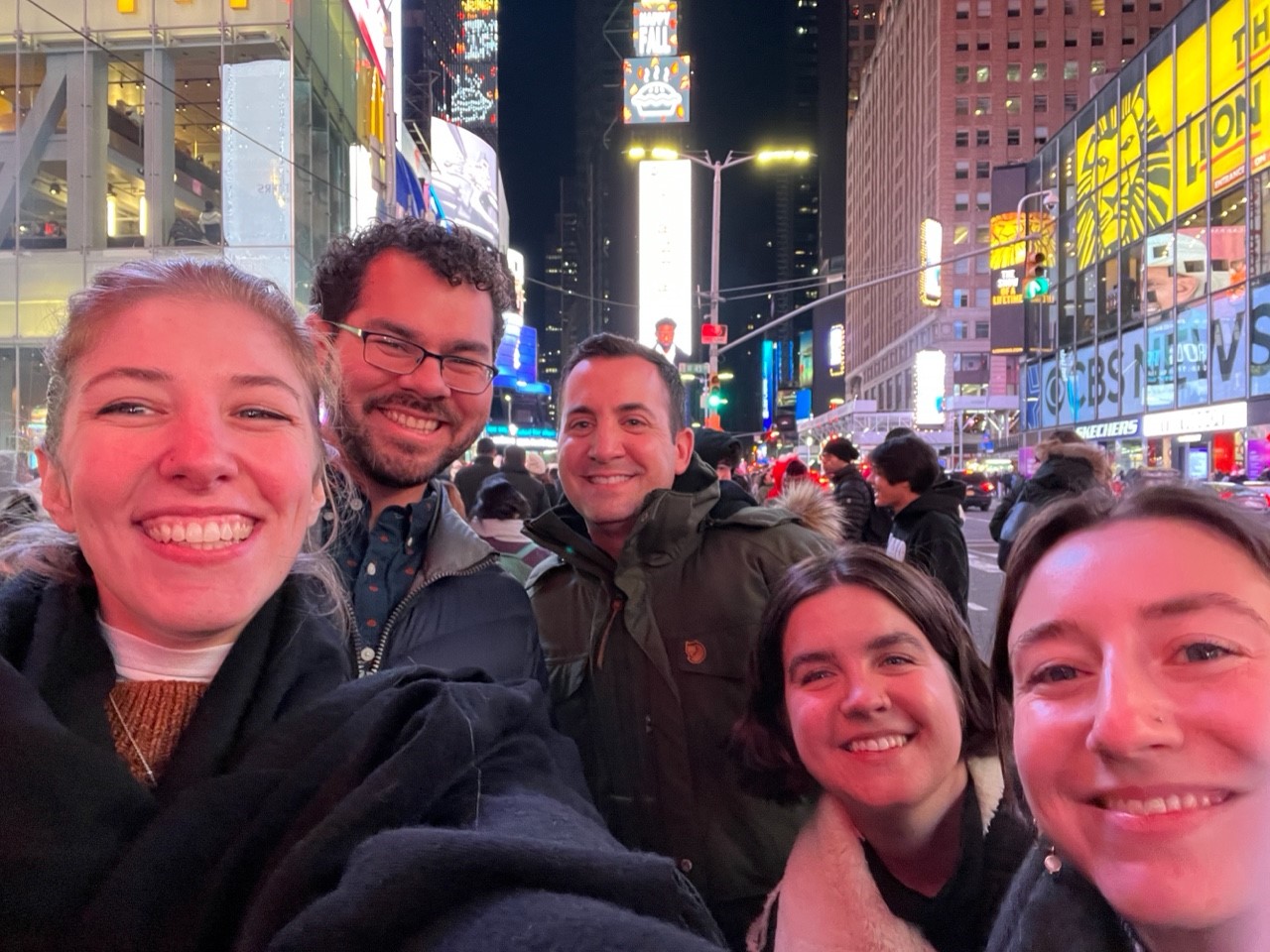
Trainee Lab Members
We asked each of the trainee lab members:
1. What is your primary research interest?
2. If the student is or has ever been a member of ABCT:
- a. How has ABCT been helpful to you?
b. What activities would you recommend they get involved in?

Isabel Benjamin, B.A. (2nd year PhD student)
1. My research interests include the impact of stigmatizing experiences on SGM mental health, with a particular interest in bi+ populations, and targeted psychotherapy interventions.
2a. As a student member, I am able to connect with other young researchers and gain insight into the amazing work being done at the graduate level.
2b. I would recommend joining a SIG and attending ABCT conventions. When applying to graduate school, ABCT was invaluable in helping me gain exposure to potential research collaborators and mentors.
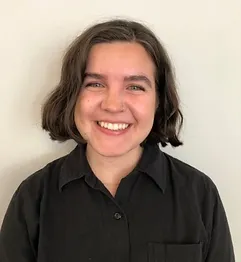
Kate Dorrell, B.S. (2nd year PhD student)
1. My research interests include how interpersonal contexts (particularly romantic relationships) are related to mental health for bi+ individuals. I’m also particularly interested in investigating the etiology of suicidal thoughts and behaviors for bi+ folks.
2a. It has been a great source of networking with other researchers with similar research to mine.
2b. Joining any relevant SIG is a great way to get connected and learn about the current research and events in the field. Presenting at the annual convention is a great way to meet other researchers in your field and form connections.
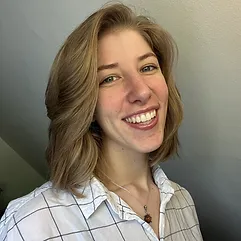
Zig Hinds, B.S. (1st year PhD student)
1. My research interests include the impacts of negative interpersonal experiences on substance use as well as the resiliency of LGBTQ+ communities and ways that strengths can be further amplified through community-specific intervention development.
2a. ABCT has helped me gain knowledge and connect with other professionals in the field doing awesome research.
2b. I would highly recommend attending and presenting at ABCT. Also, joining the SGM SIG has been a fantastic way for me to meet other LGBTQ+ researchers.
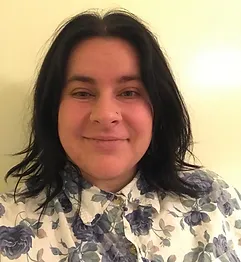
Taylor Macaulay, M.S. (4th year PhD student)
1. My research interests are in the development of health behaviors and their impact on SGM youth health outcomes.
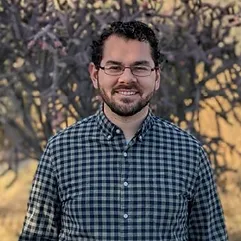
Roberto Rentería, Ph.D. (Postdoctoral Research Associate)
1. My research interests focus on health outcomes and disparities among SGM communities of color, particularly assessing how intersectional structural and individual factors contribute to health disparities.
2. ABCT has helped me connect with excellent researchers and clinicians who are passionate about health disparities and learn about exciting new research in the field.
3. I recommend attending and presenting at the ABCT Convention. It helped me share my research and meet awesome people.
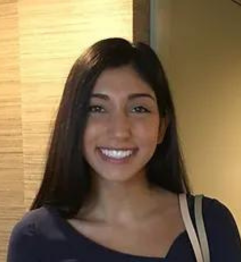
Sibel Sarac, M.S. (5th year PhD student)
1. My research interests focus on intersectionality of race/ethnicity in SGM individuals and related mental health outcomes (e.g., depression, anxiety, PTSD).
Brian A. Feinstein, Ph.D.
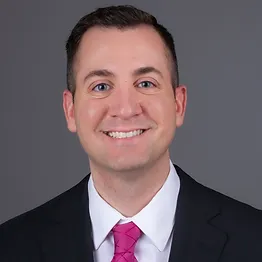 Brian Feinstein (he/him) is an Associate Professor in the Department of Psychology at Rosalind Franklin University of Medicine and Science. He received his PhD in Clinical Psychology from Stony Brook University after completing a pre-doctoral internship at the University of Washington. He completed a postdoctoral research fellowship at Northwestern University.
Brian Feinstein (he/him) is an Associate Professor in the Department of Psychology at Rosalind Franklin University of Medicine and Science. He received his PhD in Clinical Psychology from Stony Brook University after completing a pre-doctoral internship at the University of Washington. He completed a postdoctoral research fellowship at Northwestern University.
His program of research focuses on understanding and addressing the health disparities affecting sexual and gender minority (SGM) populations, especially bisexual and other multi-gender attracted (bi+) people. He is an Associate Editor for the journal Psychology of Sexual Orientation and Gender Diversity and a licensed psychologist.
The goals of the SHAG lab are to:
- 1. Advance our understanding of the health disparities affecting SGM populations across the lifespan
2. Develop and test interventions to improve health in these populations. We are particularly interested in identity-specific risk and resilience processes as they relate to mental health and substance use.
Much of our work focuses on bi+ populations because they are at increased risk for adverse health outcomes relative to both heterosexual and gay/lesbian individuals, and they experience unique stigma-related stressors. Our work is informed by our passion for and commitment to social justice and health equity.
How long have you been a member of ABCT?
15 years
How often and why do you attend the ABCT convention?
I’ve attended the ABCT convention every year since 2008. I first attended as a post-bacc research assistant. That year, I attended the SGM SIG’s annual dinner and meeting, where I received a warm welcome into a community of researchers and clinicians who shared my interests.
ABCT quickly became my professional home and I’ve returned to the convention every year since then to catch up with friends and colleagues, to learn about the latest research in my area, and most recently to support my graduate students and postdoc as they present their own research and establish their own professional networks.
How do you stay current with developments in the field (research and/or practice and/or policy)?
Serving as an Associate Editor and an Editorial Board Member for several journals ensures that I am regularly reading and reviewing the latest research in my area. In addition, as my lab grows and I welcome new students and trainees with diverse interests, they expose me to new research areas and I continue to learn as I support their development.
How has ABCT helped you/your lab professionally (e.g., network/collaborate, stay current with developments in the field, meet prospective/former trainees)?
ABCT has helped me stay connected to friends and colleagues, expand my professional network, and learn about exciting developments in the field. The SGM SIG in particular has provided me with invaluable opportunities to develop collaborative relationships, participate in leadership and advocacy, and be part of an inclusive and welcoming professional community. Last year was the first year I was able to attend the convention with most of my lab and it was such a fulfilling experience to watch them present their research, to introduce them to other researchers, and to enjoy NYC together.
Does your lab have any traditions? Does your lab do anything together for fun?
We love to get together for brunch or a random activity (most recently, painting pottery) to celebrate our accomplishments and to just spend time together.
What advice would you give prospective trainees (either in general, or to those applying to your lab specifically)?
I always advise trainees (prospective and current) to advocate for what they want and need to meet their goals. If there’s an experience you hope to have as part of your training, let your boss/supervisor/mentor know. If you’re not in a position where you have someone who can support your interests, join a SIG at ABCT! Several SIGs have mentorship programs and there are often members who are happy to share data, collaborate, or help connect you to others in the field.

